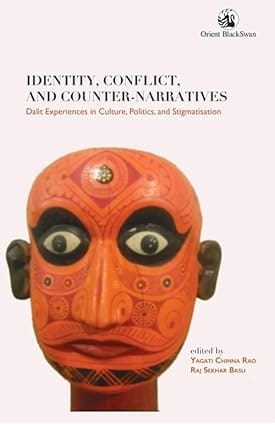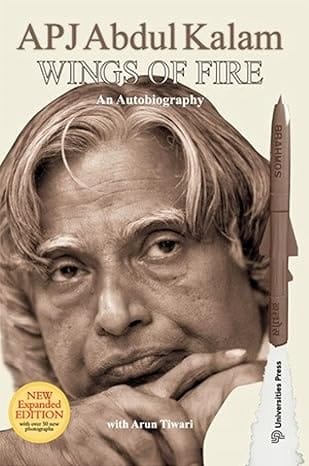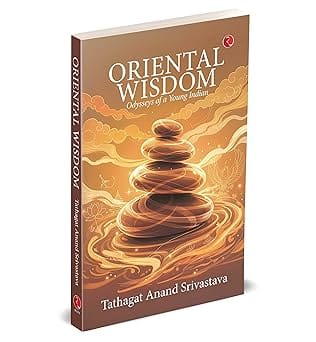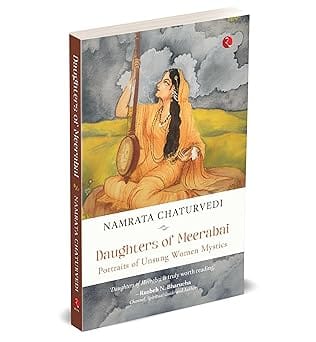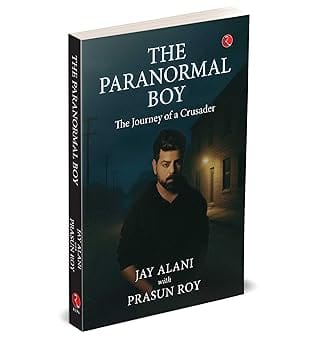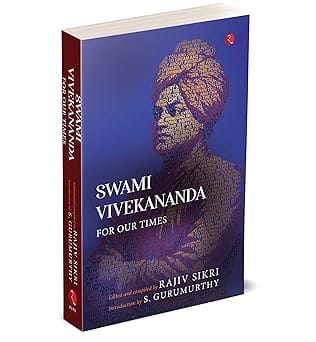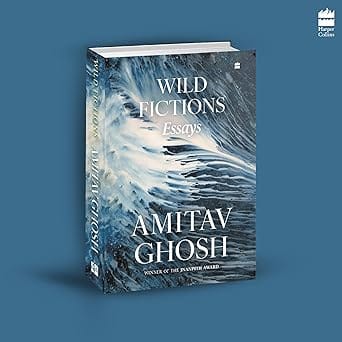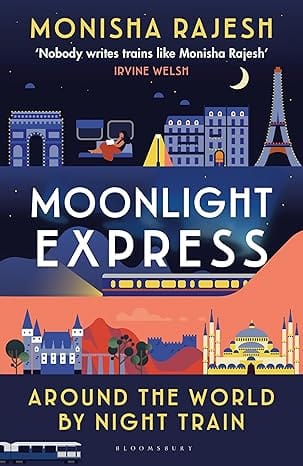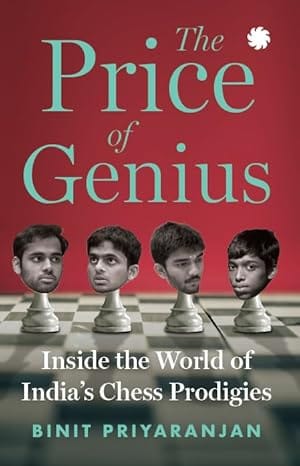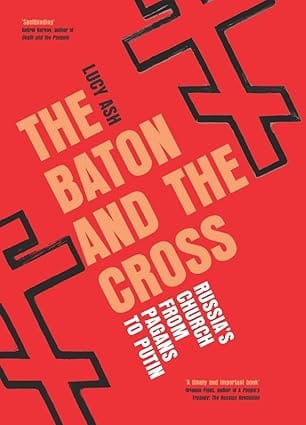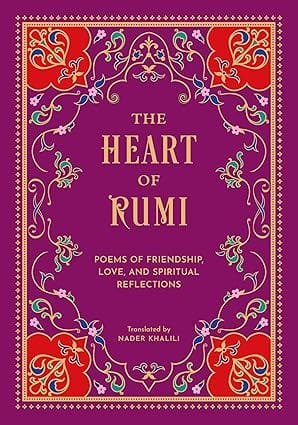WELCOME TO MIDLAND BOOK SHOP!
SHOP FOR
- Non-ficton
- Non-ficton
- Contemporary Fiction
- Contemporary Fiction
- Children
- Children
- Comics & Graphic Novels
- Comics & Graphic Novels
- Non-Fiction
- Non-Fiction
- Fiction
- Fiction
Shop No.20, Aurobindo Palace Market, Hauz Khas, Near Church +91 9818282497 | 011 26867121 110016 New Delhi IN
Midland The Book Shop ™
Shop No.20, Aurobindo Palace Market, Hauz Khas, Near Church +91 9818282497 | 011 26867121 New Delhi, IN
+919871604786 https://www.midlandbookshop.com/s/607fe93d7eafcac1f2c73ea4/69453da445ba84d539b38f9a/black-yellow-simple-bold-youtube-channel-logo-400-x-100-px-1--480x480.png" [email protected]9789354429200 67b86ebfc2b16e003e8c3b0b Identity Conflict And Counter-narratives Dalit Experiences In Culture, Politics, And Stigmatisation https://www.midlandbookshop.com/s/607fe93d7eafcac1f2c73ea4/67b86ec0c2b16e003e8c3b13/41kwf-octal-_sy425_.jpg 9789354429200
The history of Dalits in India is commonly presented as one of discrimination. Dalit understandings of the past, however, go beyond this and are intricately connected to the emotional space of the ‘under-privileged’. They resist attempts to homogenise the community and its experiences, assert that the term ‘Dalit’ houses not one but many identities shaped by complex social processes, and call for the study of new sources and the adoption of new methodologies in constructing the histories of the marginalised. Exploring the diverse facets of the history and cultural experiences of Dalits, Identity, Conflict, and Counter-Narratives studies how this multiplicity aids our understanding of what it means to be Dalit. The ten essays in this volume engage with a wide spectrum of Dalit realities, from the community histories of theyyam artistes in Kerala and the soldiers-turned-acrobats and leather-workers of Andhra Pradesh and Telangana, to the politics of lower-caste social mobility in West Bengal, of identity formation in Tamil Nadu, and of reservations in north and south India. They chart narratives of suppression, assertion, negotiation, and adaptation against the backdrop of larger historical developments in the subcontinent. Foregrounded in this attempt is the image of the Dalit as warrior, entertainer, craftsperson, cultural custodian, priest, leader, thinker, visionary, self-interested political agent—in sum, a kaleidoscope of incisive, rigorous regional histories that have been overlooked or oversimplified in the national imagination. Written by leading scholars from all over India, this volume is a pioneering contribution to the growing field of caste studies that will prove invaluable to students of history, sociology, and political science, as well as to interested readers.
out of stock INR 928
1 1
Email ID already exists!
Your Current password is incorrect
Password Updated Successfully
Thanks for your Feedback
- Home
- Non-Fiction
- Identity Conflict And Counter-narratives Dalit Experiences In Culture, Politics, And Stigmatisation
Identity Conflict And Counter-narratives Dalit Experiences In Culture, Politics, And Stigmatisation
ISBN: 9789354429200
₹928
₹1,160 (20% OFF)SIZE GUIDE
Back In Stock Shortly - Fill The Book Request Form
Sold By: Hauz Khas - Aurobindo Market
Details
- ISBN: 9789354429200
- Author: Yagati Chinna Rao
- Publisher: Orient Black Swan
- Pages: 360
- Format: Paperback
Book Description
The history of Dalits in India is commonly presented as one of discrimination. Dalit understandings of the past, however, go beyond this and are intricately connected to the emotional space of the ‘under-privileged’. They resist attempts to homogenise the community and its experiences, assert that the term ‘Dalit’ houses not one but many identities shaped by complex social processes, and call for the study of new sources and the adoption of new methodologies in constructing the histories of the marginalised. Exploring the diverse facets of the history and cultural experiences of Dalits, Identity, Conflict, and Counter-Narratives studies how this multiplicity aids our understanding of what it means to be Dalit. The ten essays in this volume engage with a wide spectrum of Dalit realities, from the community histories of theyyam artistes in Kerala and the soldiers-turned-acrobats and leather-workers of Andhra Pradesh and Telangana, to the politics of lower-caste social mobility in West Bengal, of identity formation in Tamil Nadu, and of reservations in north and south India. They chart narratives of suppression, assertion, negotiation, and adaptation against the backdrop of larger historical developments in the subcontinent. Foregrounded in this attempt is the image of the Dalit as warrior, entertainer, craftsperson, cultural custodian, priest, leader, thinker, visionary, self-interested political agent—in sum, a kaleidoscope of incisive, rigorous regional histories that have been overlooked or oversimplified in the national imagination. Written by leading scholars from all over India, this volume is a pioneering contribution to the growing field of caste studies that will prove invaluable to students of history, sociology, and political science, as well as to interested readers.
User reviews
NEWSLETTER
Subscribe to get Email Updates!
Thanks for subscribing.
Your response has been recorded.

India's Iconic & Independent Book Store offering a vast selection of books across a variety of genres Since 1978.
"We Believe In The Power of Books" Our mission is to make books accessible to everyone, and to cultivate a culture of reading and learning. We strive to provide a wide range of books, from classic literature, sci-fi and fantasy, to graphic novels, biographies and self-help books, so that everyone can find something to read.
Whether you’re looking for your next great read, a gift for someone special, or just browsing, Midland is here to make your book-buying experience easy and enjoyable.
We are shipping pan India and across the world.
For Bulk Order / Corporate Gifting
 +91 9818282497 |
+91 9818282497 |  [email protected]
[email protected]
Click To Know More
QUICK LINKS
ADDRESS
Midland Book Shop - Hauz Khas
Shop No.20, Aurobindo Palace Market, Near Church, New Delhi
Shop No.20, Aurobindo Palace Market, Near Church, New Delhi

